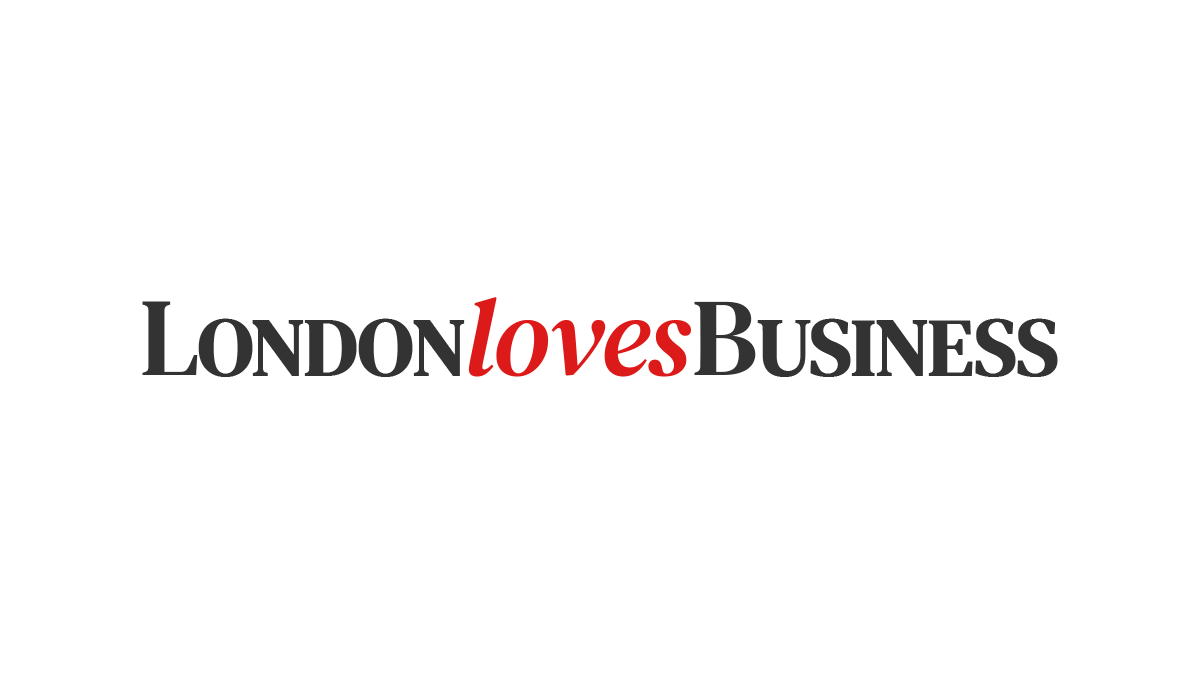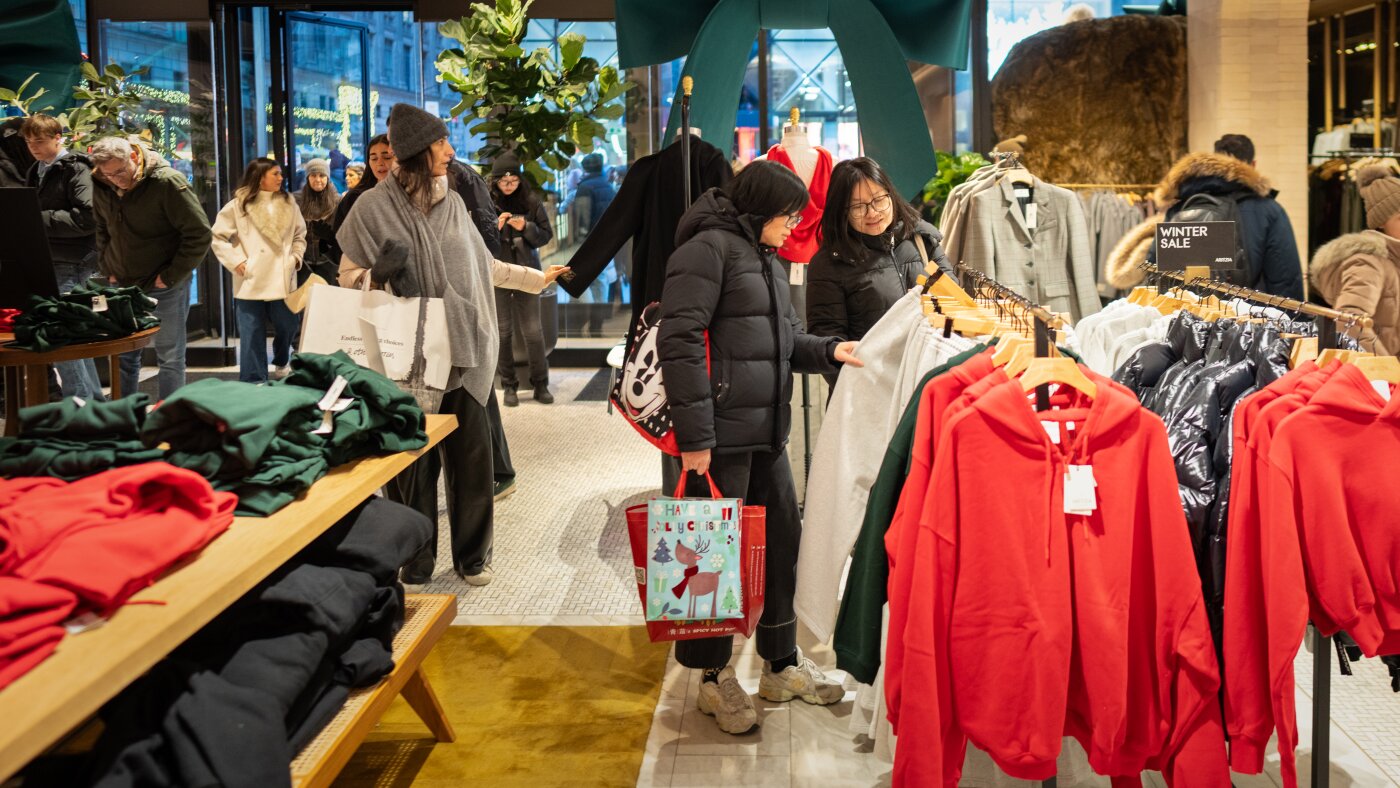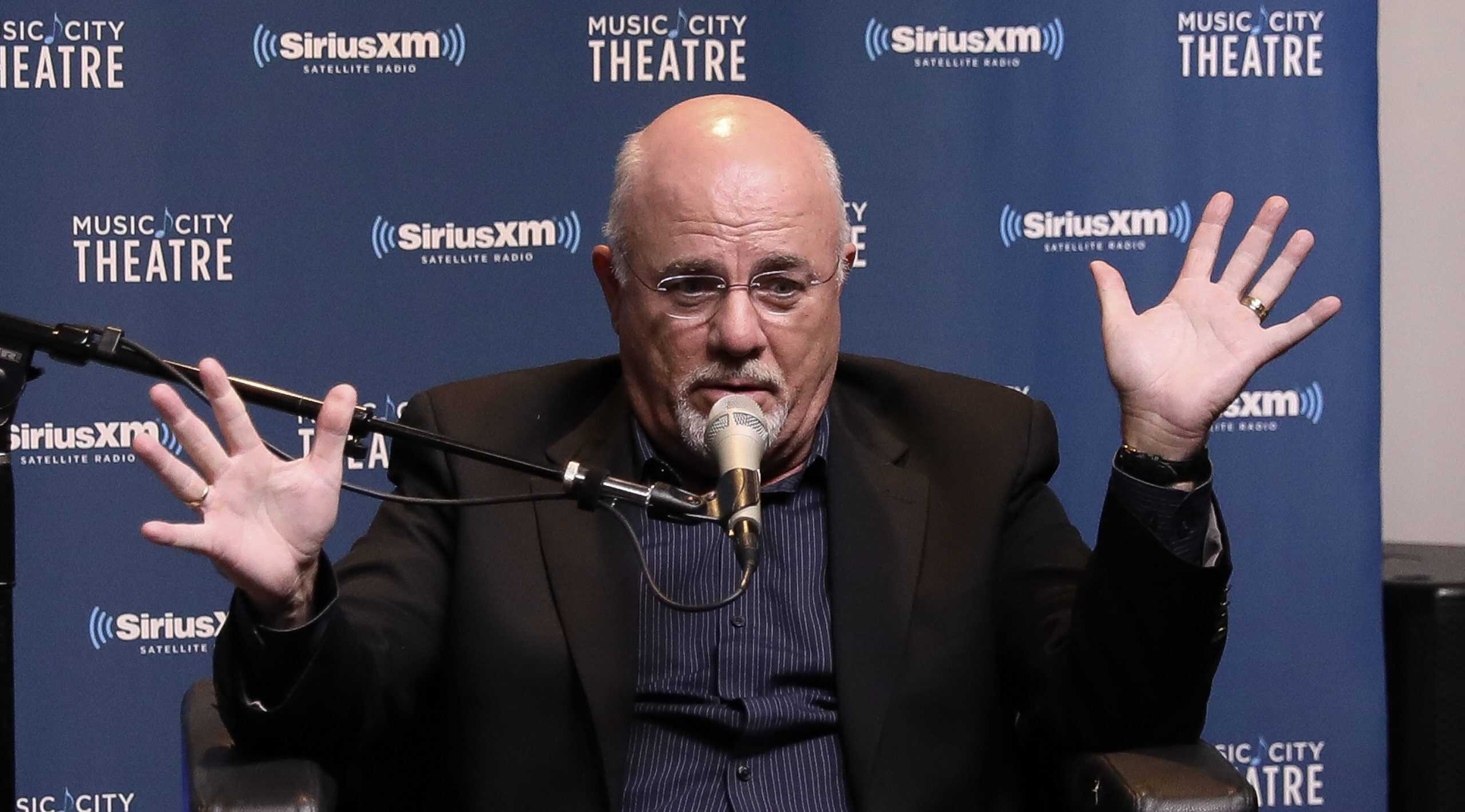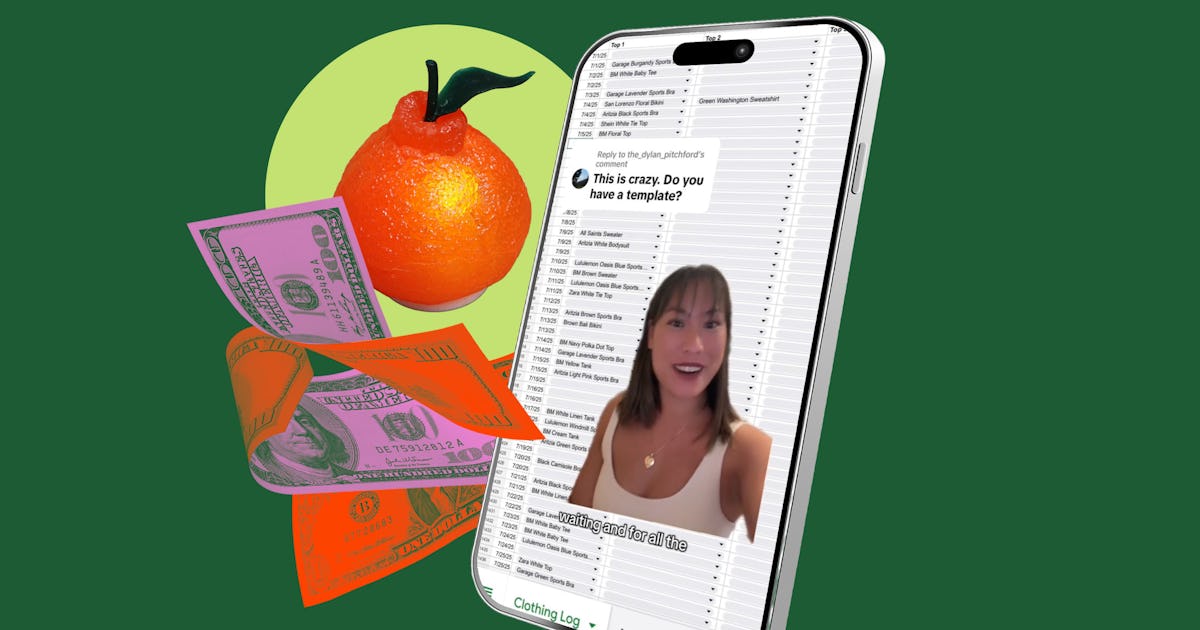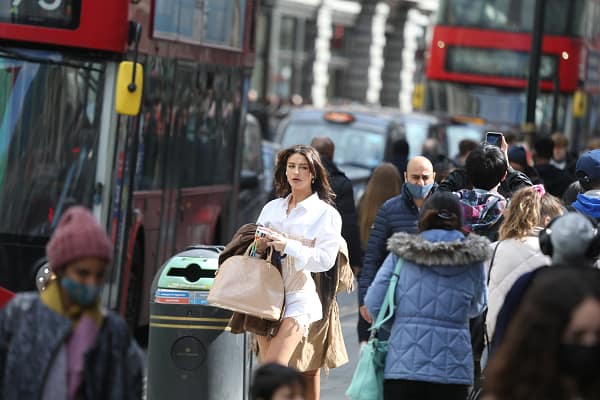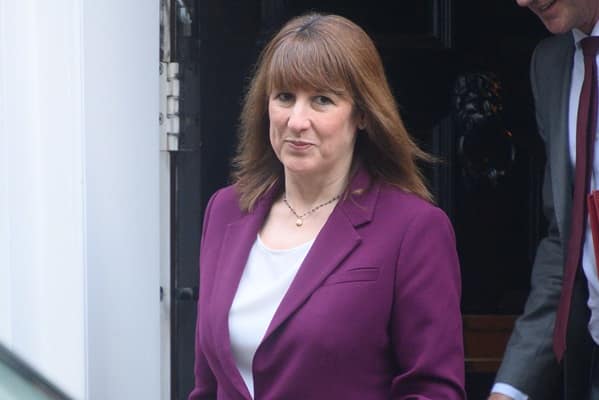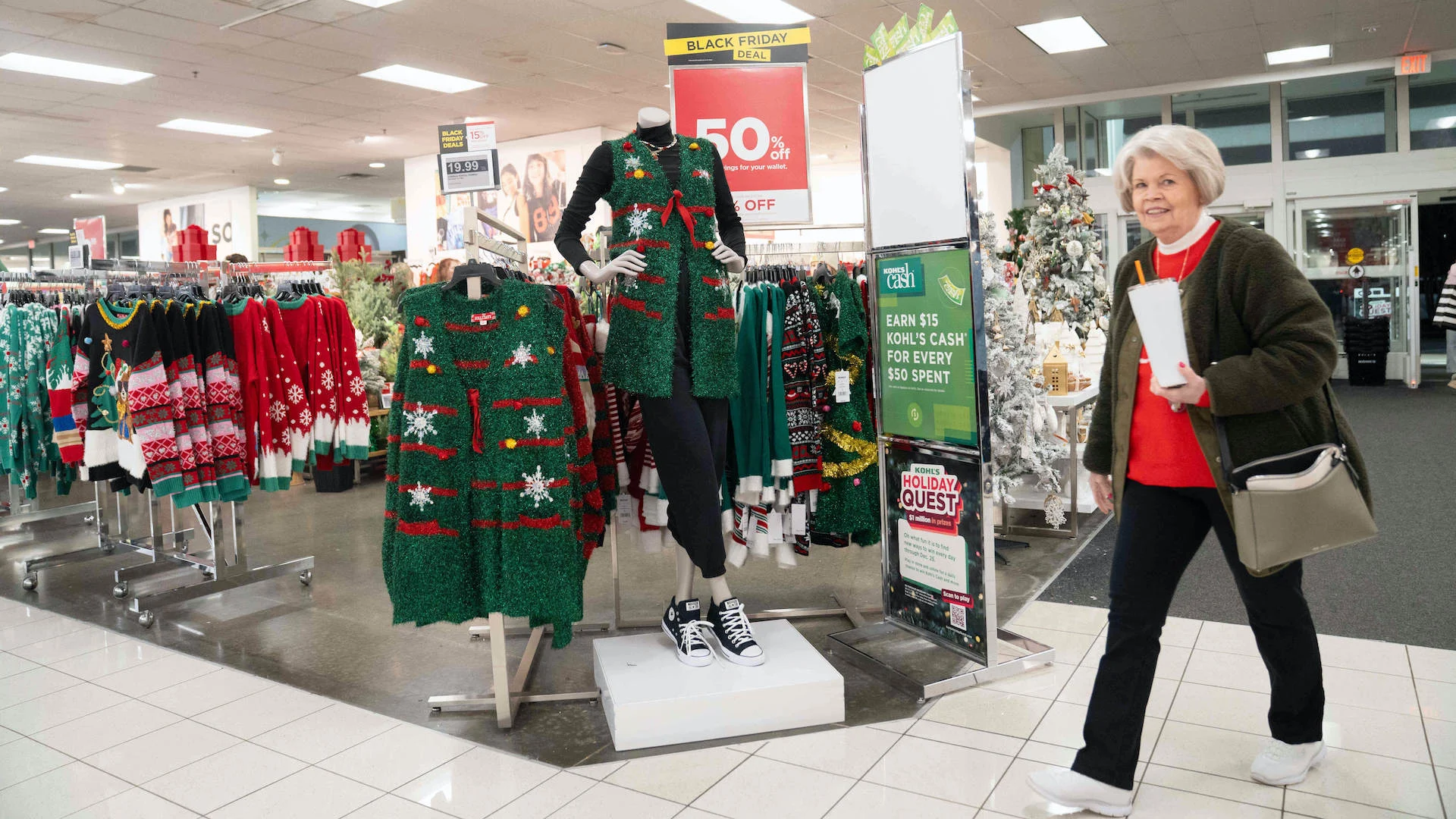fromBusiness Insider
3 hours agoAirport lounges aren't so exclusive anymore. The airport bar is making a comeback.
In a world where third spaces are dying, and consumers are being segregated between haves and have-nots at every turn, the airport bar has quietly endured. But the airport bar is not-so-quietly under siege. Airport concessions took a hit during the pandemic, and while they benefited from the subsequent revenge travel, the rebound has stalled.
Careers

